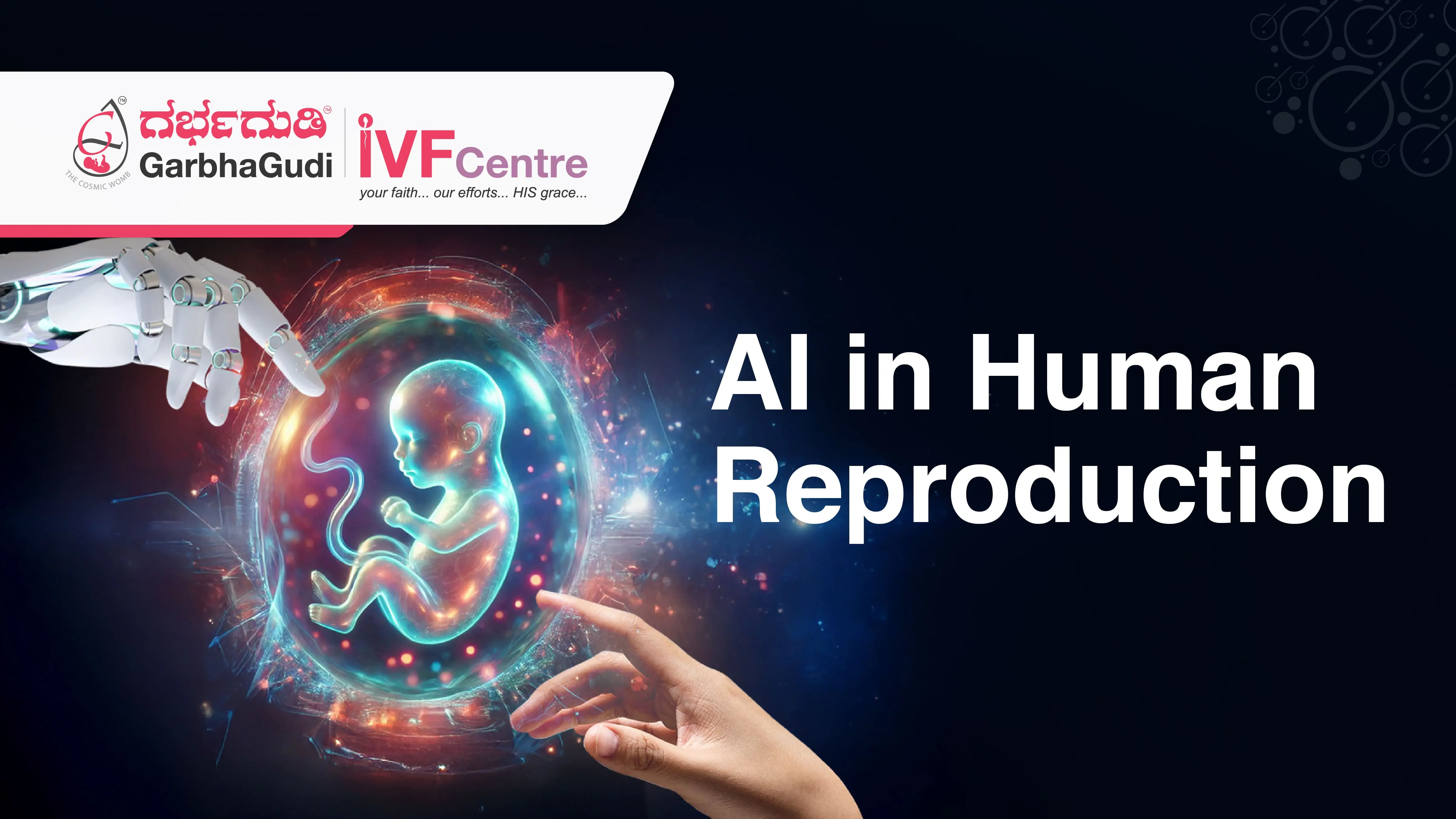Human Reproduction: The Role of Artificial Intelligence (AI)

Artificial intelligence (AI) is rapidly transforming the field of human reproduction, offering promising possibilities to improve success rates while addressing the emotional and financial challenges of infertility. However, this innovation comes with ethical considerations and calls for robust regulatory frameworks.
Let’s explore how AI is shaping reproductive medicine, its applications, and the ethical implications involved.
AI in Clinical Decision-Making
AI-powered clinical decision support tools are revolutionizing how physicians approach fertility treatments. By integrating diverse data, such as patient demographics, medical history, and real-time health parameters, AI provides evidence-based recommendations tailored to each individual. This ensures precision in selecting treatments, medications, and interventions, ultimately improving outcomes and reducing unnecessary costs.
Empowering Women Through AI-Enhanced Fertility Tracking
AI aids women in understanding their unique fertility patterns, identifying their most fertile days, and recognizing irregularities in menstrual cycles. Advanced apps like Ovia, Flo, and Clue use machine learning (ML) to predict ovulation windows with increasing accuracy as data accumulates. These Apps help track your cycle and fertility. Wearable devices like Ava and the Oura Ring further enhance cycle tracking by analyzing physiological parameters such as skin temperature, heart rate, oxygen levels, hormonal factors that can affect sleep, and respiratory patterns.
Transforming Embryo Selection and IVF Processes
Objective Embryo Assessment
Traditionally, embryologists rely on personal judgment to select embryos for transfer, which introduces variability. AI eliminates subjectivity by analyzing vast datasets to identify patterns linked to successful implantation. Time-lapse imaging combined with AI provides deep insights into embryo development, aiding in more accurate predictions of success rates.
Enhancing IVF Success Rates
AI optimizes critical IVF steps like egg retrieval and embryo transfer by analyzing factors such as ovarian reserve, hormone levels, and endometrial receptivity. It identifies the best time for these procedures, increasing the likelihood of success. AI tools, such as the SiD software, enhance sperm selection for intracytoplasmic sperm injection (ICSI), bridging the performance gap between experienced and novice embryologists.
AI in Sperm and Oocyte Evaluation
Sperm Analysis and Selection
AI-powered systems improve the accuracy and efficiency of sperm evaluation, reducing inter-observer variability. Tools like Mojo allow at-home sperm testing, breaking barriers of stigma and cost. AI also predicts sperm DNA fragmentation, a critical factor influencing fertilization and embryo quality, enabling more informed decisions during fertility treatments.
Oocyte Assessment
AI algorithms, such as Violet, analyze oocyte images to predict viability and successful fertilization outcomes. By offering consistency and precision, AI enhances embryologists' ability to select high-quality oocytes, further improving IVF outcomes.
AI and Automation in IVF Labs
Streamlining Laboratory Processes
Automation powered by AI ensures standardization in IVF labs by managing labor-intensive tasks such as embryo monitoring, sperm preparation, and cryopreservation. Robotic systems like Embryoscope and Miri incubators provide consistent culture environments, while tools like the TMRW system automate egg and embryo storage.
Data Management and Monitoring
AI simplifies data management in IVF labs, automating extensive documentation and ensuring accurate record-keeping. Continuous monitoring of lab conditions like temperature and humidity further guarantees optimal environments for gametes and embryos.
Addressing Ethical and Regulatory Challenges
Ensuring Transparency and Accountability
AI systems must remain transparent and explainable, enabling clinicians and patients to understand decision-making processes. This builds trust and ensures informed patient choices while facilitating audits and regulatory compliance.
Data Privacy and Protection
The use of sensitive medical data necessitates robust safeguards to prevent unauthorized access and misuse. Ensuring diversity in AI training datasets and involving stakeholders from various backgrounds further minimizes biases and promotes fairness.
Informed Consent and Patient Autonomy
Patients must be fully informed about the benefits, risks, and limitations of AI in their treatments. Consent processes should evolve alongside technological advancements, empowering patients to make autonomous decisions.
The Future of AI in Human Reproduction
AI holds immense potential to democratize fertility treatments by reducing costs, improving outcomes, and enhancing accessibility. However, its implementation must prioritize ethics, equity, and patient welfare. By addressing challenges with comprehensive regulatory frameworks, AI can revolutionize reproductive medicine, paving the way for a future of hope and possibilities for countless families.
Conclusion:
AI is reshaping human reproduction, offering solutions to some of the most challenging aspects of infertility. While the technology promises transformative outcomes, its success depends on ethical integration and regulatory oversight. By fostering trust, transparency, and fairness, AI can make the dream of parenthood a reality for many.
Share this page
About Us
GarbhaGudi is a chain of New-Generation Infertility Treatment Hospitals equipped with state-of- art-infrastructure & cutting-edge IVF Technology to address infertility issues & their emotional & mental effects on couples. We have a team of qualified & experienced doctors; their in-depth knowledge & expertise leaves no stone unturned to solve all your infertility issues. The Supportive & caring staff is always by your side to motivate & guide you throughout the journey. GarbhaGudi IVF, the best fertility treatment hospital in Bangalore, provides emotional support to couples facing infertility issues and sexual problems
Contact Us